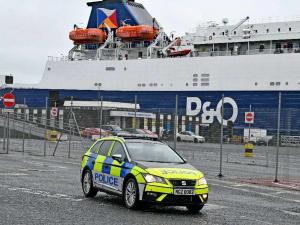
By David Young, PA
Unionists have accused the EU of not listening to those flagging up concerns about post-Brexit Irish Sea trading arrangements.
The DUP’s Westminster leader, Sir Jeffrey Donaldson, criticised the European Commission after it called on the UK Government to take urgent action to fully and faithfully implement the contentious Northern Ireland Protocol.
Commission vice president Maros Sefcovic was responding to a request from Cabinet Office minister Michael Gove to extend grace periods that currently limit the bureaucracy associated with the protocol.
Mr Sefcovic’s written reply to Mr Gove was published ahead of a meeting between the two senior politicians on Thursday to discuss problems with the protocol, which requires regulatory and customs checks processes on goods moving from Great Britain to Northern Ireland.
The protocol has caused some disruption to trade since it came into force, with various grace periods in operation, on January 1.
Unionists in Northern Ireland are deeply concerned about the arrangements, insisting they have driven an economic wedge between Northern Ireland and the rest of the UK.
They have called on the UK to trigger a mechanism within the protocol – Article 16 – that enables the Government to unilaterally suspend aspects it deems are causing economic, societal or environmental problems.
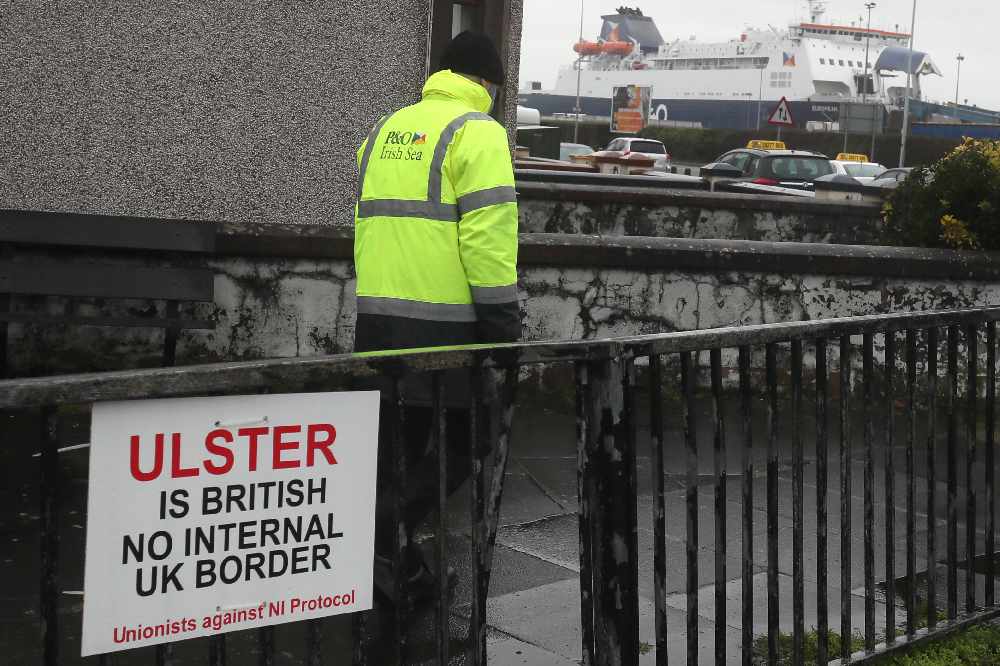
Unionist demands for Article 16 have intensified since the EU briefly triggered the mechanism itself, though swiftly backtracked on the move, amid its efforts to restrict the export of Covid vaccines out of the bloc.
Sir Jeffrey said Mr Sefcovic’s call for fuller implementation of the protocol indicated the EU wants to increase the problems rather than find solutions.
“It is evident that the EU simply isn’t listening, that they don’t recognise the difficulties that the Northern Ireland Protocol is causing for our economy, for consumers and businesses in Northern Ireland who are unable to acquire the goods and products that they need from suppliers in Great Britain,” he told BBC Radio Ulster.
“I’ve had businesses in my constituency who can’t get component parts for their manufacturing process. I have farmers and others who can’t get spare parts for tractors and for vehicles. I’ve got ordinary constituents who are unable to order goods online that were freely available to them before the 1st of January, and this is causing significant difficulty for both businesses and consumers and the EU simply doesn’t get it.
“The EU is insisting that we create an even bigger problem.”
Sir Jeffrey demanded to know whether the Irish Government was “complicit” in the EU’s bid to “ramp up” the protocol.
Sinn Fein MP Chris Hazzard accused the DUP of over-hyping the trading problems.
“I think we need to get away from this idea that we’re in some sort of catastrophic trading situation; we’re not,” he told BBC Radio Ulster.
“Most businesses are coping, there’s absolutely undoubtedly some problems that need to be addressed, I think everybody’s acknowledged that.”
Mr Hazzard said the issues were an inevitable consequence of the insistence of the UK Government, and the DUP, on delivering a Brexit that severed links with EU regulatory and customs frameworks.
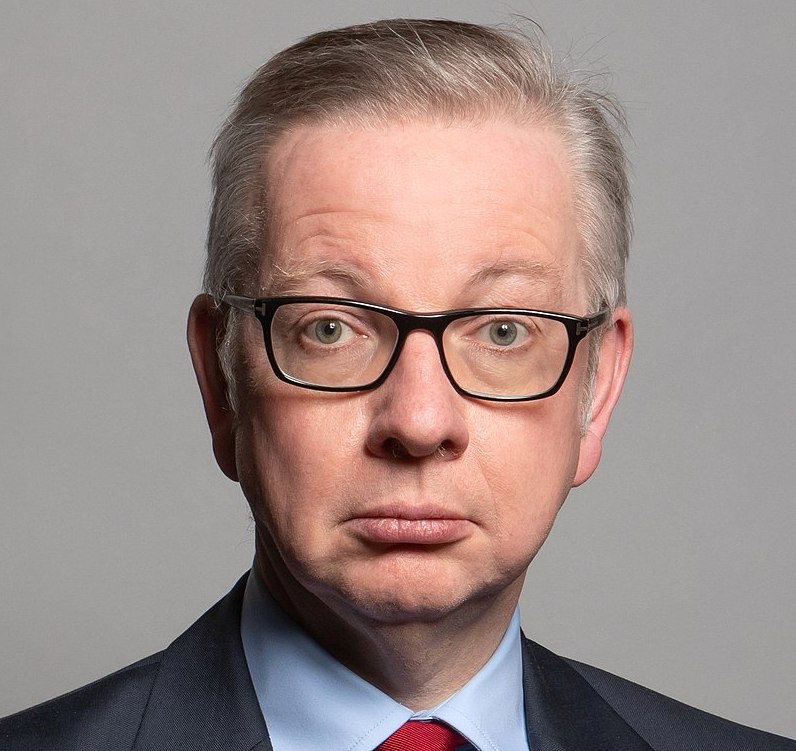
Mr Gove had asked that a series of different grace periods which are due to expire at different points in the next 12 months be extended to January 2023.
In reply, Mr Sefcovic said there is an urgent need to “fully and faithfully” implement the protocol.
He said that is a prerequisite before the UK’s requests for further facilitations are “necessary and justified”.
The Commission vice president highlighted that checking facilities are not yet fully operational and noted a series of issues around the “limited” number of checks taking place as well as raising concerns around labelling and monitoring of goods from Great Britain before they are shipped to Northern Ireland.
He said a number of consignments are entering Northern Ireland without being declared or without valid certifications.
Mr Sefcovic said the EU has also not achieved any real-time access to UK customs IT systems to enable the Commission to monitor how the protocol is being implemented.
Noting the current grace period in operations, he insisted that “blanket derogations” will not be possible.
In respect of the specific request for mitigations on restrictions on movement of pets and prohibitions on certain plants and seeds, Mr Sefcovic said those can only be overcome if the UK agrees to align with EU regulations in those areas.
The vice president did signal that the Commission is willing to agree an adjustment to trade quotas in respect of steel – a move that should result in Northern Ireland importers avoiding significant tariff hikes.
A UK Government spokesman said it is “disappointing that the Commission has failed to acknowledge the shock and anger felt right across the community in Northern Ireland from its decision to trigger Article 16, and the need to take urgent steps to restore confidence as a result”.
He added: “The Chancellor of the Duchy of Lancaster will underline the need for such action and political leadership in this regard when meeting with Vice-President Sefcovic in London.”


 Woman in critical condition after she's struck by car in Belfast
Woman in critical condition after she's struck by car in Belfast
 Man dies following road accident in County Fermanagh
Man dies following road accident in County Fermanagh
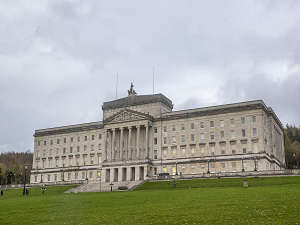 Executive will ‘have to deal’ with compensation costs from PSNI data breach
Executive will ‘have to deal’ with compensation costs from PSNI data breach
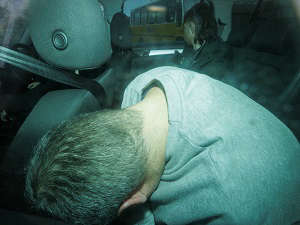 Man remanded in custody charged in connection with mosque burning plot
Man remanded in custody charged in connection with mosque burning plot
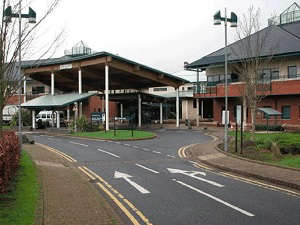 Woman charged over breaches at abortion safe access zone
Woman charged over breaches at abortion safe access zone